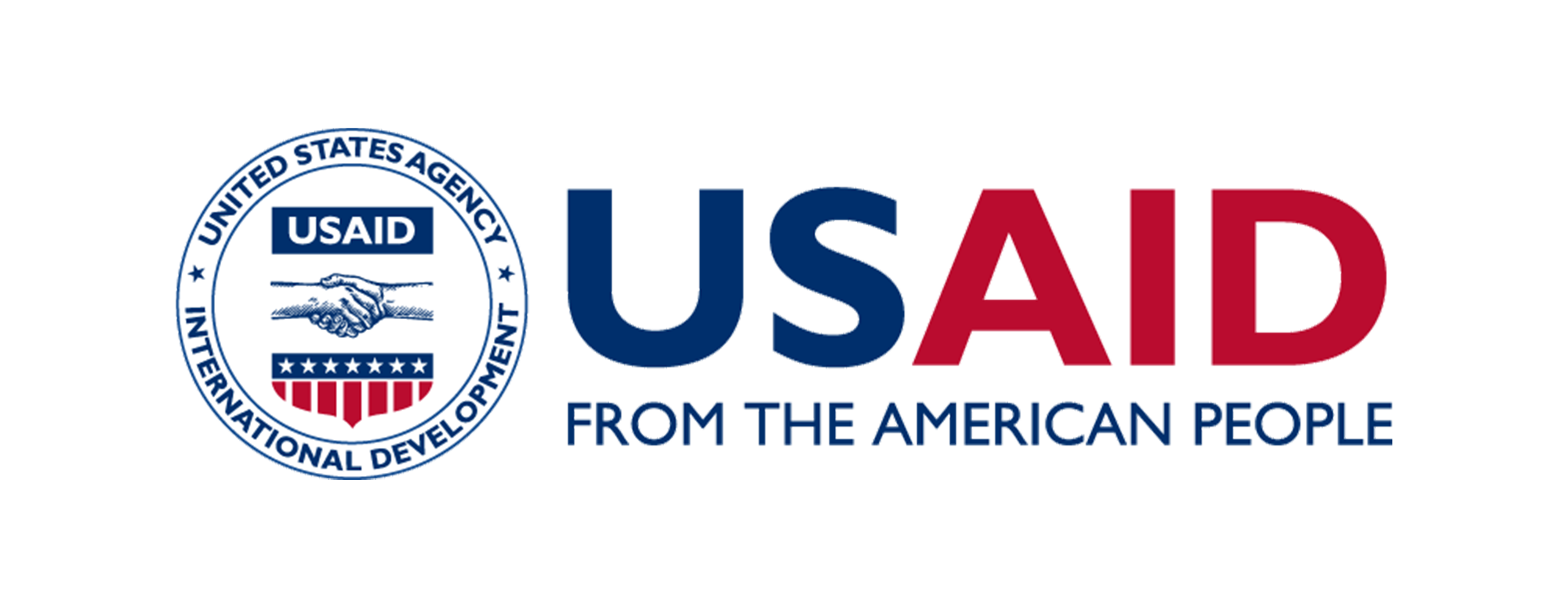Active citizens for a healthy environment
Do the citizens of Serbia want a clean environment?
According to a 2021 survey, environmental protection, nature, and climate change are 4 out of 6 priorities for the citizens of Serbia. Regardless of their demographic group, age, political orientation, or place of residence, Serbian citizens are concerned about climate change and the quality of the environment. They consider these issues a national priority, and the majority of survey participants expressed their willingness to directly participate in addressing these matters.
Therefore, the citizens of Serbia want a clean and healthy environment and wish to be involved in its preservation.
However, research shows that citizens rarely participate in formal decision-making processes, especially when it comes to environmental protection. Citizens often do not believe that they can truly make a difference, or they find decision-making processes too bureaucratic and complicated. Consequently, it is not surprising that only 2% of Serbian citizens have participated in formal decision-making processes, while 12% see participation in protests as the only way to influence decision-making. Moreover, a significant majority - 77% of citizens - have never discussed government decisions publicly or have only done so within their circle of friends. A similar situation exists with civil society organizations, as data indicates that the legal framework for participation is complicated and bureaucratic, leading to a lack of trust in formal decision-making processes and limited engagement.
How will we strengthen public participation in environmental decision-making?
To support the Serbian public in effectively influencing the decisions made by government authorities regarding the environment, the "Together for the Environment" project will encourage citizens, media, and civil society organizations to actively and informedly participate in decision-making processes, with a specific focus on nature conservation, water management, air quality, and the rule of law in environmental protection.
We will monitor and inform citizens about the implementation of public policies, and through various mechanisms and advocacy actions, we will enhance communication with legislative and executive authorities to open decision-making processes to the public. We will initiate educational campaigns that provide relevant information about public policies in environmental protection and tools for easier participation in their development.
Various programs within the project will offer financial, mentoring, and technical support to civil society organizations, media, and activists to improve the environment in which they live, inform their communities, and demand accountability from public authorities. Finally, for citizens who are already active in protecting their local environment, we have prepared opportunities to raise awareness through engaging annual campaigns, highlighting the need to keep every tributary clean, provide each settlement with an air quality monitor, and emphasize the immeasurable contribution of every endangered species to the richness of the nature we are a part of.



